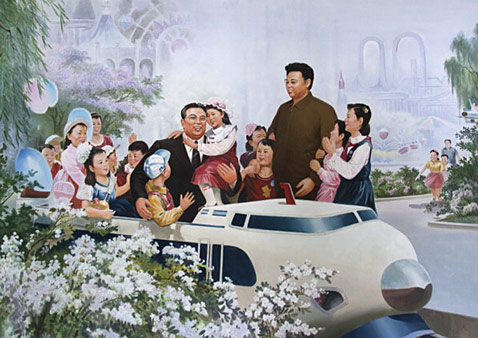The relations between Japan and South Korea have been tense since South Korea’s annexation from Japan after WWII and the Japanese Occupation of Korea. Recently, there have been monetary issues with the construction of the facilities for the 2018 Winter Olympics in Pyongyang, South Korea. Therefore, the Olympic committee has suggested that, for financial reasons, some of the facilities could be build in Japan. This has been met with outrage by the South Korean people and discomfort by the government. While the facilities are behind in construction, South Korea does not want to share the 2018 Winter Olympics with Japan due to their history. The Japanese occupation of Korea was harsh and was a dark time for the history of the Korean people. The citizens and government of South Korea would rather struggle through the financial hardships of running a Winter Olympics than be forced to work with Japan, particularly on an international level.
While there are diplomatic relations and trade between the two nations, the Olympics is a different level of cooperation. The Olympics are a world event that often have political consequences. The Olympics are where politics and sports intertwine. The symbolism of a joint Olympics between Japan and South Korea would be a painful reminder of colonial rule to the Korean people.







